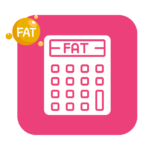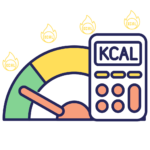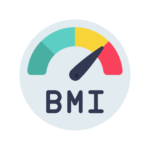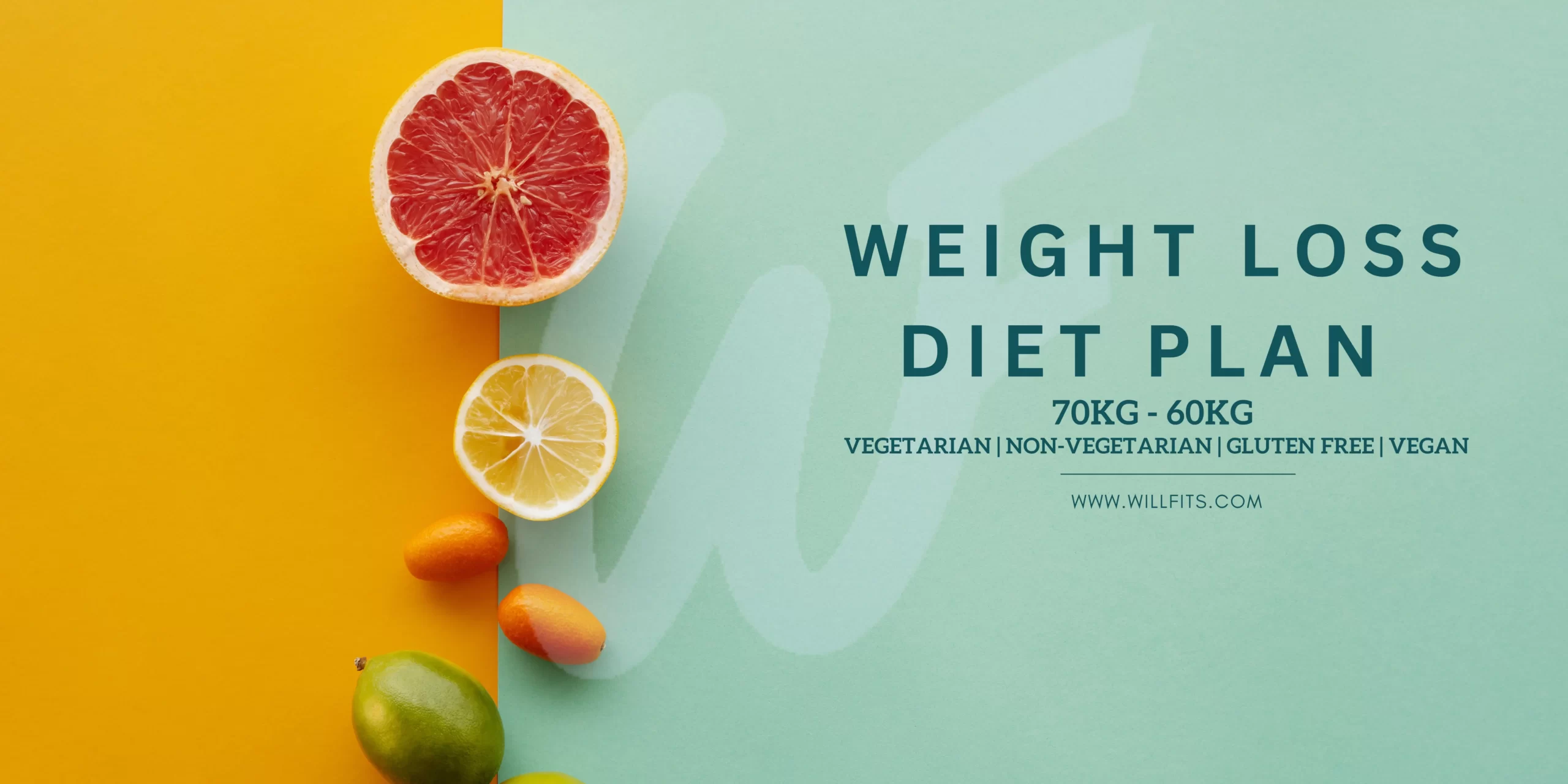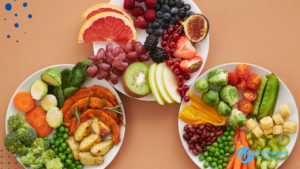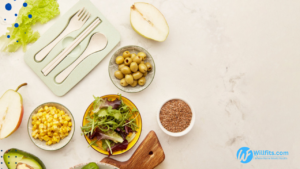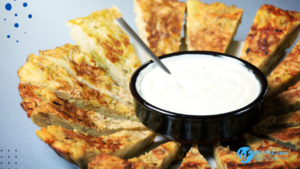What to Eat
Protein Sources:
- Include lean proteins such as chicken breast, fish, tofu, legumes, and low-fat dairy.
- Protein helps maintain muscle mass and supports satiety.
Whole Grains:
- Choose whole grains like brown rice, quinoa, oats, and whole wheat.
- Whole grains provide fiber, aiding in digestion and keeping you full.
Vegetables:
- Consume a variety of colorful vegetables for essential vitamins and minerals.
- Aim to fill half your plate with veggies.
Fruits:
- Opt for a mix of fruits like berries, apples, oranges, and pears.
- Fruits provide natural sweetness and valuable nutrients.
Healthy Fats:
- Include sources like avocados, nuts, seeds, and olive oil.
- Healthy fats contribute to overall health and help with satiety.
Dairy or Dairy Alternatives:
- Choose low-fat or fat-free dairy products or fortified dairy alternatives.
- These provide calcium and vitamin D for bone health.
Hydration:
- Drink an adequate amount of water throughout the day to stay hydrated.
- Herbal teas and infused water can add variety.
Herbs and Spices:
- Use herbs and spices to add flavor without excess salt or sugar.
What to Avoid
Processed Foods:
- Minimize processed foods high in added sugars, unhealthy fats, and sodium.
Sugary Beverages:
- Limit or avoid sugary drinks like sodas, energy drinks, and sweetened teas.
Sweets and Desserts:
- Reduce intake of sweets, pastries, and desserts.
- Choose healthier dessert options when needed.
Fried and Fast Foods:
- Limit fried foods and fast-food items, which are often high in calories.
White Refined Grains:
- Choose whole grains over refined grains for added fiber and nutrients.
Excessive Alcohol:
- Moderate alcohol consumption, as it contributes additional calories.
High-Calorie Snacks:
- Opt for nutrient-dense snacks over high-calorie, low-nutrient options.
Mindful Eating:
- Pay attention to portion sizes to prevent overeating.
Meal 1: Breakfast
- 1 cup of oatmeal with sliced fruits (e.g., bananas, berries) and a tablespoon of flaxseeds.
- 1 glass of freshly squeezed vegetable juice (e.g., carrot, beetroot, spinach).
Meal 2: Mid-Morning Snack
- A handful of mixed nuts (e.g., almonds, walnuts).
Meal 3: Lunch
- 1 cup of brown rice or quinoa.
- 1 cup of lentils (dal) or chickpeas (chana) curry.
- A serving of mixed vegetable salad.
- A small bowl of yogurt.
Meal 4: Mid-Afternoon Snack
- A cup of green tea or herbal tea.
- 1 medium-sized fruit (e.g., apple, orange).
Meal 5: Evening Snack
- A small bowl of sprouts salad with cucumber and tomatoes.
Meal 6: Dinner
- 2 medium-sized whole wheat chapatis or a small bowl of brown rice.
- 1 cup of vegetable curry (e.g., spinach, cauliflower, or mixed vegetables).
- A serving of raita (yogurt with grated cucumber and spices).
Meal 7: Bedtime Snack
- A cup of warm milk with a pinch of turmeric and a dash of honey (optional).
General Tips:
- Stay hydrated by drinking plenty of water throughout the day.
- Include a variety of vegetables, fruits, whole grains, legumes, and nuts in your meals.
- Opt for healthier cooking methods like steaming, grilling, or baking instead of deep frying.
- Limit the consumption of processed foods, sugary snacks, and beverages.
- Practice portion control and eat smaller, balanced meals throughout the day.
- Engage in regular physical activity such as brisk walking, jogging, or yoga to complement your diet plan.


